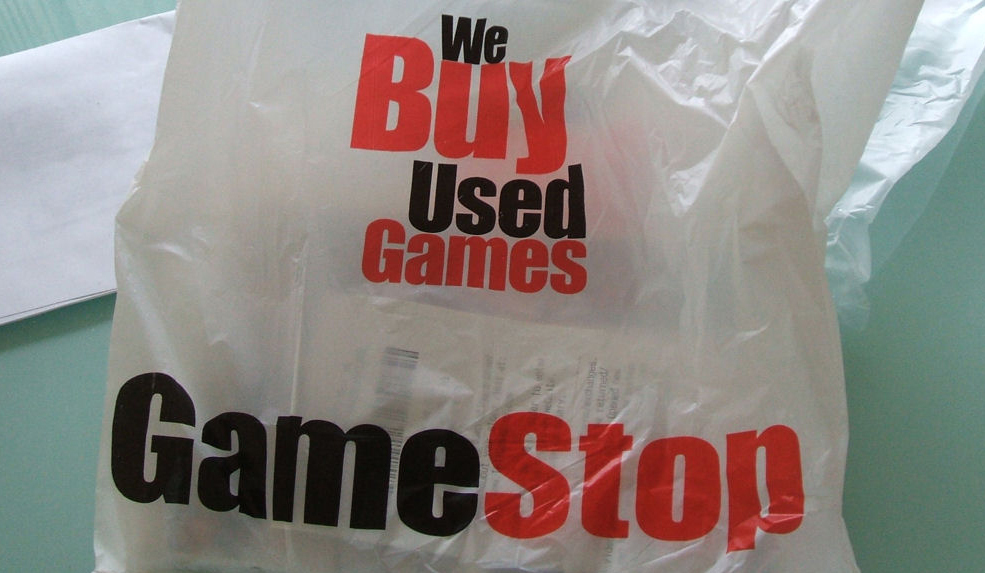GameStop Bonus: Trade In Video Game, Get Your Fingerprints Uploaded To National Database For Free

(Marike79)
Trading in an old video game isn’t that complicated. Once you finally figure out what you did with the box (it’s under the old coffee mug) and get the cat hair off the disc and put the two together, it’s just a matter of bringing it down to your local GameStop and getting your pennies back so you can buy another game. But in one city, GameStop now won’t just collect your old games — they collect your fingerprints along with them, too.
In several states (including the one where yours truly used to work as a GameStop clerk), video game trade-ins are regulated under the same set of laws that apply to pawn shops. And since pawn shops are often used as a way to resell goods acquired in … questionable circumstances … it’s not uncommon for store staff to have to fill out a fairly detailed form, including verifying and recording information from the customer’s ID, in order to accept their trade.
Gaming news site Kotaku now reports that Philadelphia GameStop locations began scanning thumbprints, along with the rest, about a month ago.
Apparently, there are still too many hot goods moving around in Philadelphia. Local police asked GameStop to implement more stringent security measures, and so for approximately the last month GameStop stores in that city have been requiring fingerprints from customers who want to trade anything in.
A representative for the Philadelphia police told local media that the fingerprint scans are uploaded to the Leads Online database, which bills itself as “the nation’s largest online investigation system” for law enforcement to “recover stolen property, help stop meth makers, reduce metal theft, and solve crimes.”
The city told local media that the retail chain was not required to meet Philadelphia’s pawn shop standards, and that they were being proactive. However when a GameStop representative confirmed the fingerprint scanning requirement to Kotaku, she said that the retailer started taking prints at the request of the Philadelphia PD. She added, it’s “a practice we’ve also put into place in other parts of the U.S., depending on local or statewide second-hand dealer or pawn broker laws.”
Customers are unhappy with the policy change, and it’s not hard to understand why. One customer told local media, “I really don’t appreciate it. You fingerprinted me like I’m in a police district. No, I’m at a game store.”
The company is probably not also thrilled about the extra requirements. The majority of the chain’s sales and profits come from used games, not from new items. Anything that slows down and inconveniences customers looking to make trades doesn’t help the chain… but then again, neither does receiving stolen property.
Philadelphia GameStops Start Fingerprinting People Who Trade In Games [Kotaku]
Want more consumer news? Visit our parent organization, Consumer Reports, for the latest on scams, recalls, and other consumer issues.

